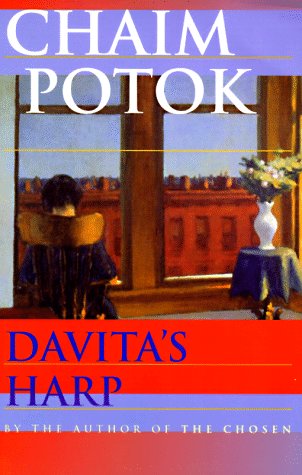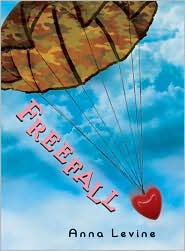 by Art Spiegelman
by Art Spiegelmanage: adult
First sentence, Maus I: "I went to see my father in Rego Park."
First sentence, Maus II: "Summer vacation."
These are two books, but like Persepolis, they're essentially one story, so they get lumped into one review.
 One review in which I'm not sure what the heck to say about the book. I'm always at a loss for words when it comes to the Holocaust; it's so depressing -- humanity at its worst -- that I almost would rather not go there. However, these graphic novels -- stark and depressing, yet somehow ultimately hopeful -- are worth reading.
One review in which I'm not sure what the heck to say about the book. I'm always at a loss for words when it comes to the Holocaust; it's so depressing -- humanity at its worst -- that I almost would rather not go there. However, these graphic novels -- stark and depressing, yet somehow ultimately hopeful -- are worth reading.I'm not sure if this is a story that couldn't have been told in a different form, but for what it's worth, it works as a graphic novel. It's spare, but then, I'm not sure the story of a survivor of Auschwitz could (or should) be anything but spare. Even though Spiegleman didn't go into detail about the situation, or the harshness, it was all there in its stark, depressing reality.
I was fascinated by the relationship between Spiegelman and his father -- how did the Holocaust fit into it? Did the Holocaust make his dad into the grumpy, miserly, bitter, racist person? He fits squarely into the Jewish stereotype, and yet I could sense that Spiegelman was trying to understand his father, understand why their relationship was so strained. I'm not sure any of us got any answers -- Spiegelman or the rreader -- but I appreciated not having it spelled out or sugarcoated in any way. Something like this shouldn't be.
I'm sorry I don't have more coherent thoughts about this one. I think it's an experience -- kind of like the Holocaust Museum is an experience -- that's beyond words. There are horrors out there, and sometimes it's good to face them. Even if its in a book.






